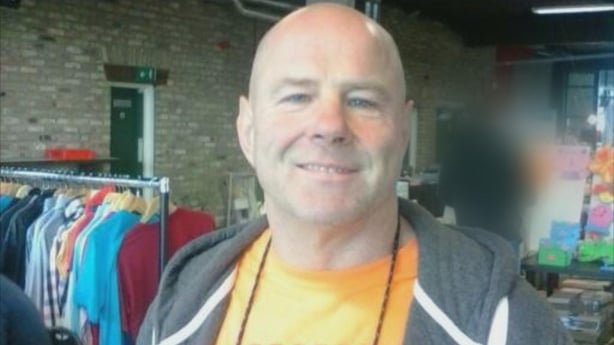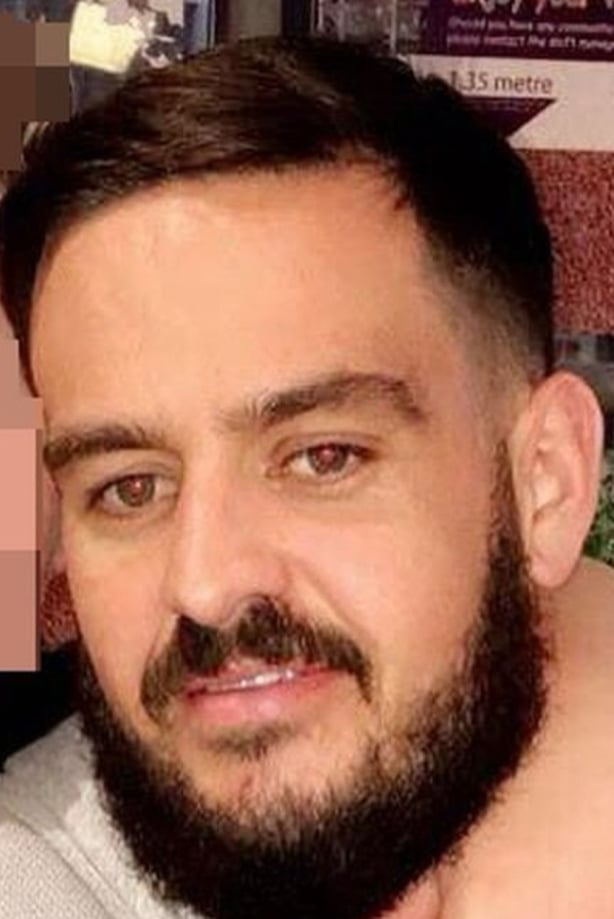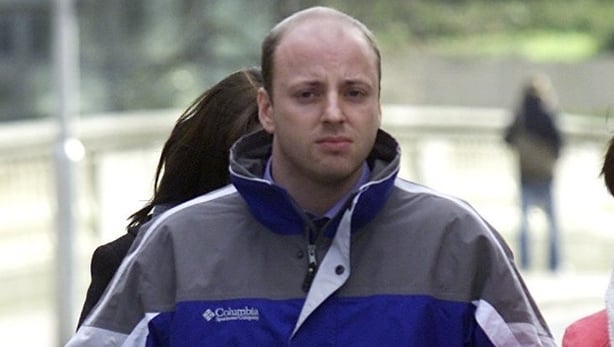The High Court has granted the Criminal Assets Bureau (CAB) an order to confiscate three houses that cost a Dublin drug dealer €3.3m to buy and renovate.
Mr Justice Alex Owens found that the houses in Dublin and Co Kildare and a mansion in Co Wexford built for €1.7m were the proceeds of crime.
David Waldron, a convicted drug dealer who is linked to organised crime groups in Dublin, could not credibly explain where he got the money to buy the properties.
His brother Christopher's house in Dublin has already been seized and is to be auctioned off next Friday.
The Waldron brothers are well-known drug dealers who have been linked to organised crime in Finglas for years.
The High Court accepted David Waldron has been "a major player" since 2000 and that his main income was from drug dealing.
He was "heavily involved" in drug dealing and "has had access to large sums of money generated by drug dealing".
The Waldrons took over "a leading role" in sourcing and supplying drugs in Cabra after the murder of Eamon Dunne in April 2010.
Waldron was a close associate of Darren Kearns, Michael Kelly and Daithí Douglas who were all shot dead in gangland murders between 2011 and 2016.
His former business associate Richard Keogh, who sourced drugs for Waldron in Spain, was shot dead outside Malaga in January 2009.

Court rules three houses proceeds of crime
The Waldron brothers were targeted by CAB and today the High Court ruled that three houses owned by David Waldron and his wife Charlene were the proceeds of crime.
David Waldron first bought a house in Glenties Park, Finglas, in September 2001 which he sold three years later and bought a house in River Forest in Leixlip, Co Kildare for €257,000.
Four years later in 2008 he bought a semi-detached house on Ratoath Road in Cabra in Dublin for €330,000, using the Leixlip house which had increased in value to €400,000 as equity.
In October 2014, he bought a site in Co Wexford for €40,000 and over the next two years built a 3,000 square foot detached mansion 'Darview Heights', overlooking the countryside outside Gorey for €1.69m.
The three-storey house is clad in cut stone with balconies off the bedrooms and cut granite quoins and sills.
It has its own bar, gym and recreation room with a pool table. It was built while Waldron was in prison.

The purchase of the property involved six different cash transfers using four different people.
The court found planning permission to build the house was sought by David Byrne in 2015.
He is Charlene Waldron's father, and although the court found he was the "ostensible purchaser", he had no beneficial interest in Darview Heights.
Mr Justice Owens also said that while Charlene Waldron has no criminal convictions, she had "put a lot of effort into organising the building and fit out of this fine house, the wherewithal to buy and develop it came from the proceeds of crime".
"I also cannot identify anything which would make it appropriate to require that Charlene Waldron be recompensed," he said.
"She cannot but have been aware of the source of her means and her husband’s means to engage in these activities."
€3.3m spent buying, renovating properties
David Waldron also spent €314,000 renovating the house in Leixlip and another €633,000 on the house on Ratoath Road.
In total, he spent almost €3.3m on buying and renovating the three properties.
They lived in Wexford and rented the houses in Leixlip and Dublin.
Mr Justice Owens also said today that David and Charlene Waldron enjoyed lavish foreign travel and that lifestyle resumed after he was released from prison in 2016.
They rarely used their bank accounts he said for ordinary day-to-day expenditure.
€5,000 in cash was spent on a christening party held at a hotel where two bands and a DJ played for 100 guests.
CAB followed the trail of David Waldron's finances back decades and showed he never had enough cash to pay for his properties and lifestyle.

He spent a number of years in prison or on social welfare and he would have had to have saved almost all of his €18,000 dole money in 2001 to have the savings he claimed to use to buy his first house.
CAB also said the Waldrons claimed €700 a week Pandemic Unemployment Payments during the Covid pandemic, but made no reference to rental income they had declared.
CAB also uncovered evidence of car trading which included one occasion when David Waldron was stopped by gardaí in a UK-registered car which he said he was selling.
He was also linked to adverts offering cars for sale on DoneDeal, but he claimed they belonged to other people, including his young son, who he claimed had worked on the car.
Court order 'sends a message' - CAB chief superintendent
He also set up BRD motors in 2005 which operated as a car dealer from Prussia street in Dublin even though he "did not have legitimate means to establish or run a trade in motor vehicles".
Aswell as granting CAB an order to confiscate the three properties, the High Court also granted CAB its costs in the case.
CAB Chief Superintendent Michael Gubbins said afterwards that this was an individual who, over 20 years amassed well over €3.3m, which they expended on three properties which CAB have brought to the High Court and proven their case that these are the proceeds of crime.
"So I think it establishes why the Bureau was established, but more importantly, it sends a message to the community of the value and the work that the Criminal Assets Bureau are doing to the area," he said.
"It's not just the money that were taken off, but the houses of these individuals."




